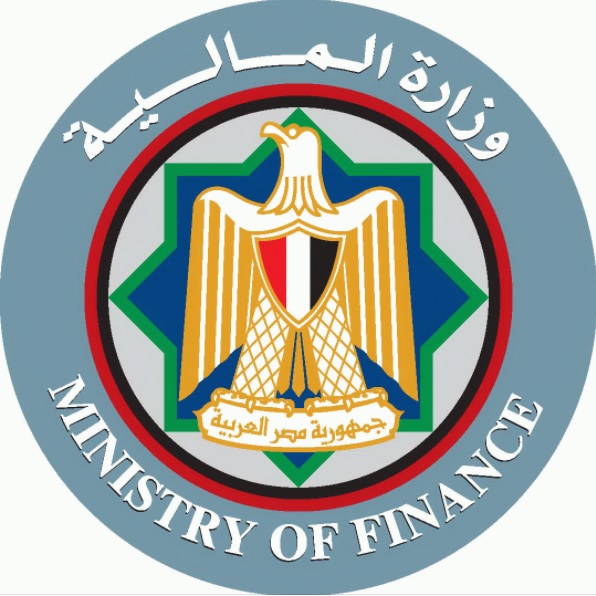The Egyptian authorities intend to sell thousands of state assets to Arab and foreign investors and use their proceeds to pay off part of the public debt. The Egyptian government has set conditions and rules for approving the disposal of untapped state assets in preparation for their sale. On September 3, Egyptian General Abdel Fattah al-Sisi issued a presidential decree to transfer lands and real estate from the state’s public ownership to private ownership of Egypt’s sovereign fund.
Observers estimate the number of assets offered for sale at about 3,700. Among the assets offered for sale are the land and building of the Tahrir Complex in Tahrir Square, the land of the former ruling National Party, and the old headquarters of the Ministry of Interior. There are also the land and buildings of the two exploratory and cosmic cities in Sixth of October City (west of Cairo), the land and buildings of the Nasser Medical Institute extension in Shubra Misr on the Nile (north of Cairo), and the land of Andalus Park in Tanta (the Nile Delta / North).
According to the official gazette, the total area of these properties approached 190 acres or the equivalent of 800,000 square metres. According to Najla al-Bayly, director of the project to inventory unused state assets, the acquisition ratios of building lands and urban and service activities are about 75 per cent of the total unused assets, representing an excellent opportunity to exploit them and maximise their benefits.
The Executive Director of Egypt’s Sovereign Fund, Ayman Soliman, said that the Egyptian government intends to get rid of some of its debts by selling state-owned assets to Arab and foreign investors, in partnership with Egypt’s sovereign fund. Soliman explained that the value of the assets expected to be transferred ranges between EGP 50 billion and EGP 60 billion ($3.13 billion to $3.75 billion dollars), which is an initial payment.
Egypt has suffered from a doubling of internal and external public debt since al-Sisi came to power after a military coup in July 2013. Data from the Central Bank of Egypt showed that the country’s total external public debt increased by 20.4 per cent annually to $106.221 billion at the end of last March, compared to about $43 billion in June 2013. The country’s domestic debt increased by 18.8 per cent annually to EGP 4.204 trillion ($256.2 billion) at the end of March, compared to EGP 1.5 trillion in June 2013.





Recent Comments